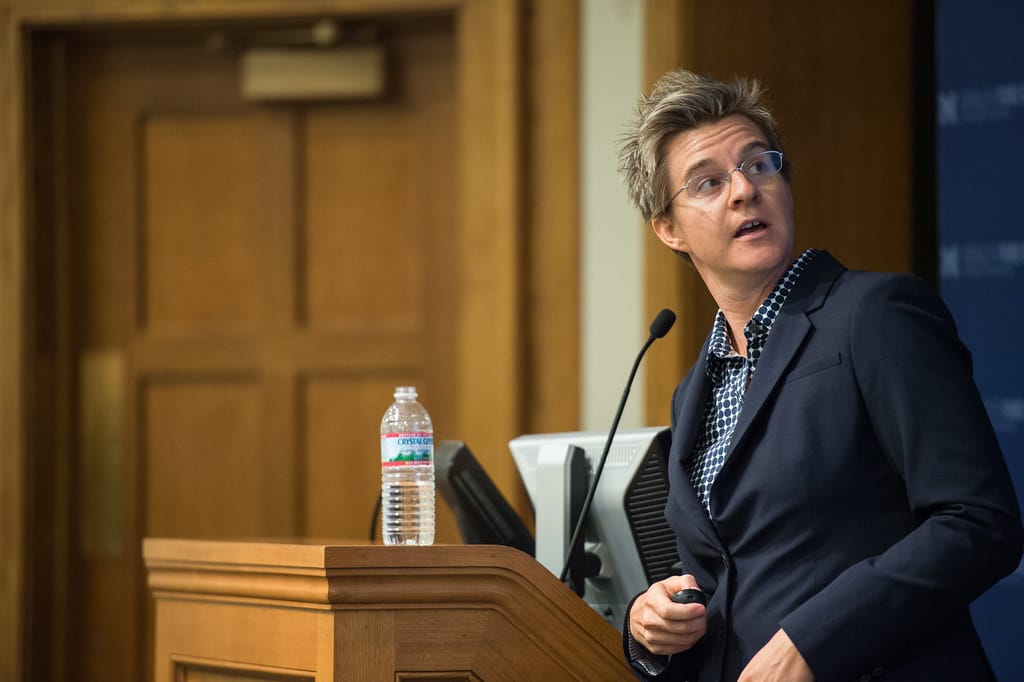Jesus taught that nonviolent love was the best way changing the world. But most people – even most Christians – don’t actually believe that’s true. Neither did Harvard political scientist Erica Chenowith.
Like most of us, Erica Chenoweth grew up in a culture that glamorized violence and war. She grew playing video games like Mortal Kombat, reading books like The Hunger Games, watching TV shows like The Power Rangers and Walker Texas Ranger,
going to see movies like Diehard and Full Metal Jacket.
These are all forms of media that in one way or another suggest that if you really want to get your way in this world, the most effective way to go about it is by using of violent force. That’s what Erica grew up believing. That’s what you probably did too.







